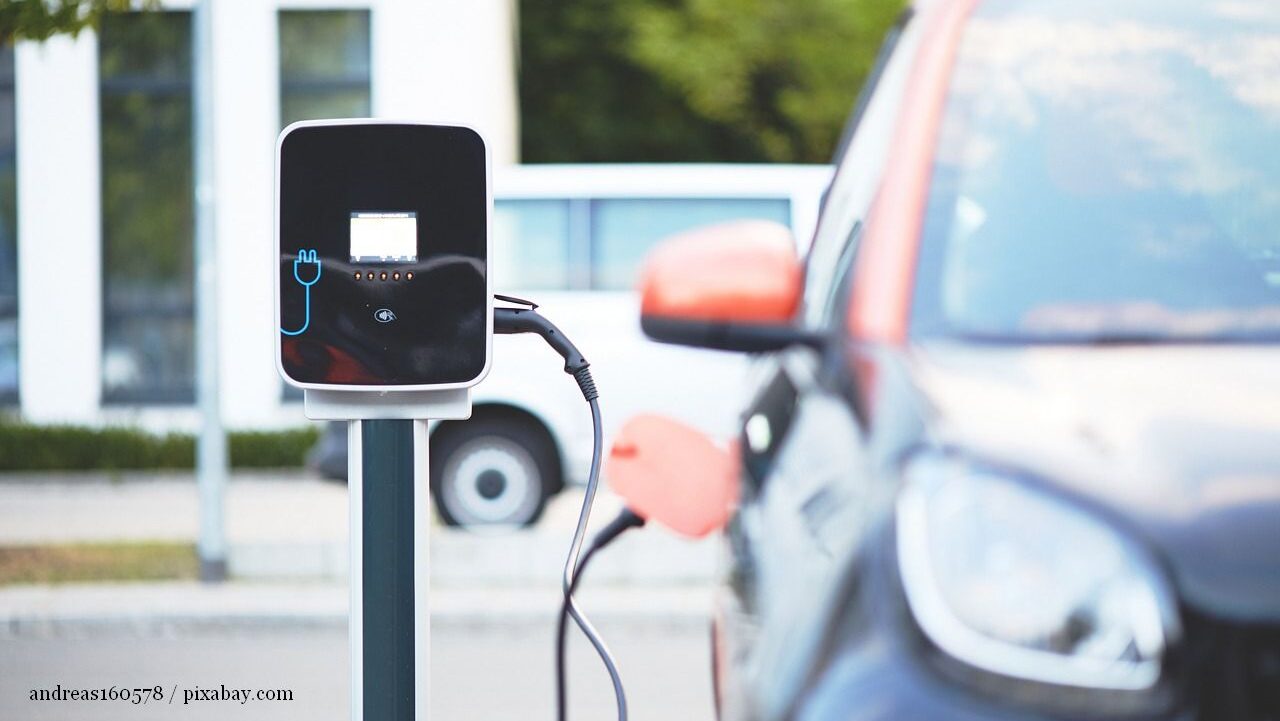Online learning, in the spotlight
The National Council of Rectors wants digital COVID certificates mandatory in universities, except for medical exemptions

Mihai Pelin, 11.10.2021, 13:50
The Covid-19 pandemic ushered in online education in Romania, as face-to-face learning is suspended in some schools. Unlike in the past, when schools would be closed depending on the infection rate in the respective town or village, currently the decision depends on the number of cases in each particular school.
The authorities have introduced non-invasive, saliva testing for students, teaching and non-teaching staff in the education sector, in order to monitor epidemiological risks. The outgoing PM Florin Cîţu explained that the students whose parents do not agree with their kids being tested on the 8th day of isolation following a COVID case in their class will continue to learn online.
Some parents and students want classes to be held online in places with infection rates above 6 per thousand. The Students Council emphasised that within a month since the start of the new school year, over 13,000 students and nearly 4,000 teachers in Romania caught the disease. Without regular testing, with scarce additional protection for students with chronic diseases and with elevated thresholds for suspending face-to-face teaching, many lives would be further jeopardised, students argue.
Moreover, they say that keeping schools open requires using public transport means and interacting with a large number of people in the community, thus contributing to further spreading the virus. Parents also believe that the danger is now too severe, and blame the incompetence of the authorities.
Things are no better in universities either. Rectors want the digital COVID certificate, attesting that the holder has been either vaccinated, or recovered from the disease, or has tested negative for SARS-CoV-2, to be mandatory in universities. The National Council of Rectors wants the relevant legislation amended to the effect that access to campuses and universities be conditional on anti-COVID vaccination, except for medical exemptions.
The interim education minister Sorin Cîmpeanu explained that at present the government is unable to initiate bills, and only Parliament can do this. He added that Council members discussed the option of requesting each parliamentary party to state their position on such a bill. Sorin Cîmpeanu added that the new legislation would apply both for students and for university staff.
Students on the other hand are not happy with the idea of compulsory vaccination in order to be able to take part in classes. In Romanian universities, the vaccination rate is 50-55%, below the EU average. The only higher education institution in the country with a vaccination rate above 90% is the Târgu Mureș Medical School. (tr. A.M. Popescu)






























